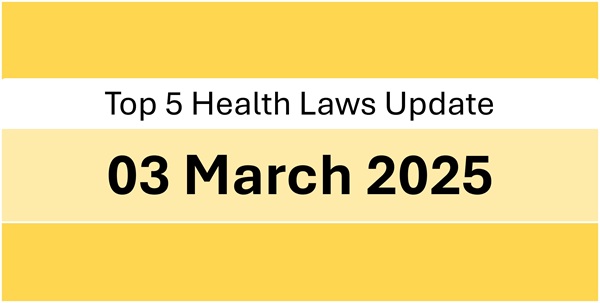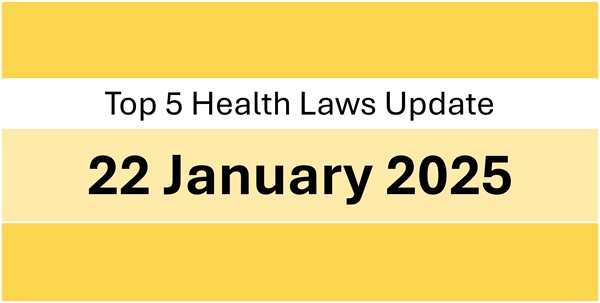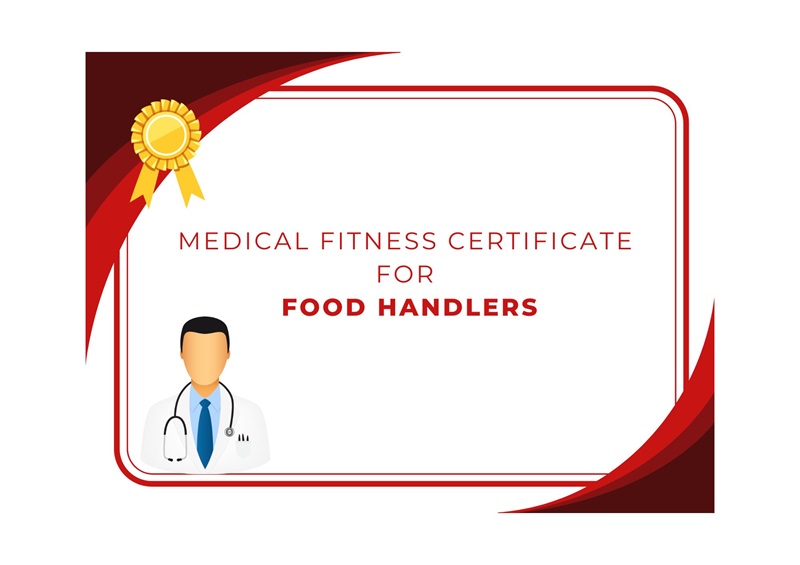All Food Business Operators (FBOs) in India must maintain a record of annual medical examination of all food handler(s) engaged by the FBO. This is a mandatory condition of the food license. The Food Safety Officer checks the record of medical examination at the time of inspection, and any shortcoming in the record-keeping may result in suspension or cancellation of license.
In this article, we will discuss key considerations for ensuring full compliance with the requirement of maintaining records of medical examinations of food handlers.
Who is a food handler?
A food handler is any person who directly handles packaged or unpackaged food, food equipment, utensils, or food contact surfaces, and is therefore expected to comply with food hygiene requirements.
Personal hygiene and sanitary requirements applicable to FBOs
In addition to the requirement of a medical examination of food handlers, all FBOs have to ensure that no person, whether handling food or not, who may be suffering from any disease or illness that is likely to be transmitted through food is allowed to enter any area where the food is handled, i.e., where the food is packaged or unpackaged, where food equipment and utensils are stored, where food contact surfaces exist, or where food is cooked or manufactured.
In addition to the above general requirement, FBOs who are involved in high-risk food businesses such as meat and dairy have additional personal hygiene and cleanliness requirements, which are discussed below.
Meat
FBOs who deal in meat must ensure that any person who comes into contact with meat in the course of his or her work must be medically examined prior to such person being engaged. FBOs who run meat shops must ensure that any person who handles meat is medically examined annually, and the medical examination includes an examination of the sputum and chest X-ray for tuberculosis. The medical examination should also include stool tests for parasitic infections (protozoal and helminthic) transmitted through ingestion, as well as for enteropathogenic bacteria such as Escherichia coli, Salmonella, Shigella species, and Vibrio cholera.
Dairy
FBOs who manufacture, process, store, or sell milk and milk products are required to ensure that the persons employed for handling raw materials or dairy products have, before joining, submitted a medical certificate that states that there is no medical impediment to working in the specific capacity or role that the person is going to be employed by the FBO.
Mandatory vaccination of workers working in food factory
If the FBO is a manufacturer, processor, and packer who operates a factory, then all workers working in the factory ought to be compulsorily vaccinated against an enteric group of diseases as per the recommended schedule of vaccination. Enteric groups of disease are infections caused by viruses and bacteria that enter the body through the mouth or intestinal system, primarily as a result of eating, drinking, and digesting contaminated food or liquids. Cholera, typhoid fever, Salmonella, or E. coli are some common enteric diseases. A record of the vaccination of all factory workers is required to be maintained, which may be inspected at the time of inspection. The decision regarding the scope of vaccination, i.e., which enteric diseases are to be covered by vaccination, is taken by the registered medical practitioner according to the list declared by the concerned municipal corporation of the area.
Format of Medical Fitness Certificate
After the medical examination of food handlers, a medical fitness certificate in the prescribed format must be issued by a registered medical practitioner. It must contain the signature and seal of the registered medical practitioner. The medical fitness certificate should indicate that the registered medical practitioner has undertaken a physical examination, an eye test, and a skin examination, as well as any other tests required to confirm any communicable or infectious disease that the person is suspected to be suffering as observed during the clinical examination, if applicable. It should also indicate that “based on the medical examination, he/she is found free from any infectious or communicable diseases, and the person is fit to work in the food establishment.”
Discretionary Powers of Food Safety Officer vis-à-vis ordering medical examination of workers
If a Food Safety Officer, during an inspection, believes that the food handler is suffering from any infectious disease, he may ask for a medical examination of that person, and on such examination, if he finds out that person is suffering from an infectious disease, he has the authority to prohibit employees suffering from infectious diseases from participating in food handling activities and ensure strict adherence to health and safety.
Penalty for non-compliance
Failure to comply with these regulations can result in penalties of up to two lakh rupees and potential license cancellation under Section 58 of the Food Safety and Standards Act, 2006.
Conclusion
All FBOs should sensitize themselves to the legal requirements of annual medical examination of staff, mandatory vaccination of workers working in food factories, and general hygiene and sanitary requirements applicable to all persons handling food or operating in an area where food is handled. Failure to meet these requirements of food laws may result in a heavy monetary fine and suspension or cancellation of the license.




